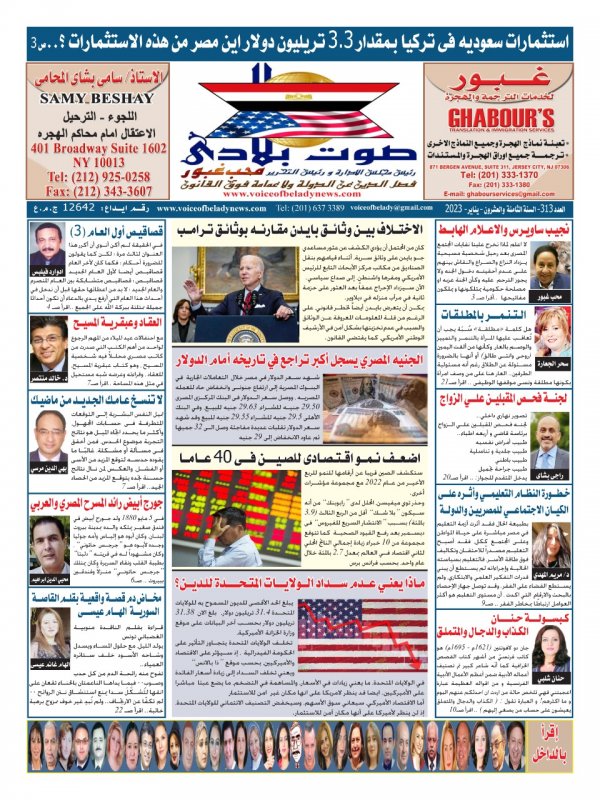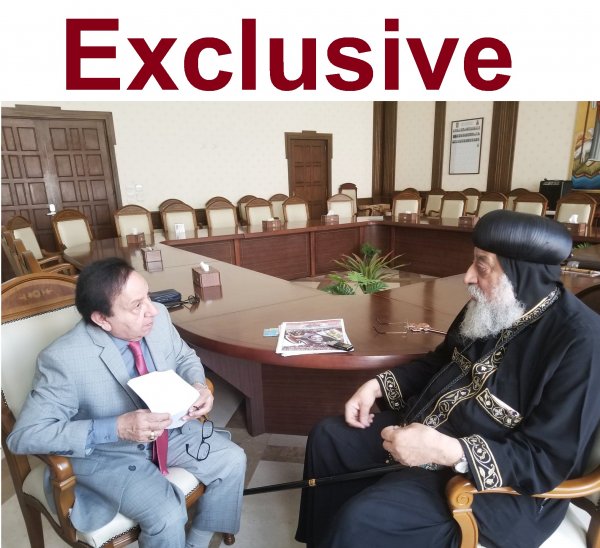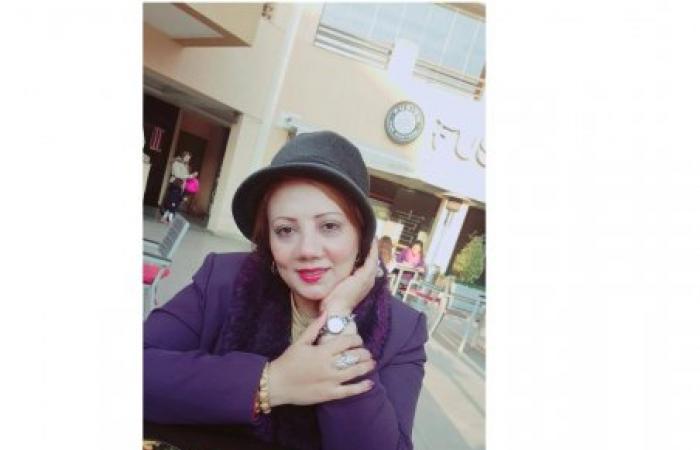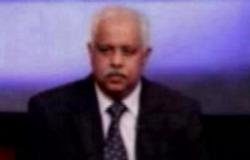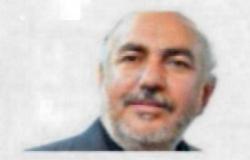If it is possible for some of them to use the sectarian slogan in order to mobilize part of the political crowd behind it, then it is common and common in many countries to use sectarian accusations to discredit the opponent or offend his cause. In the Arab community, sectarianism is often presented in the face of nationalism, or rather patriotism, or as an alternative to it. There are those who link between sectarianism as the antithesis of patriotism and a foreign conspiracy against the Arab fate and future.
There are those who look at it from the angle of the discrepancy between secular values and religious values. The multiplicity of individual affiliations within a single society. The weakness of the common common belonging is the same as a result of the lack of social integration into a single structure and flesh.
The multiplicity of loyalties, their inconsistency, and their struggle within the framework of a system based on the stronger sectarianism. Is intolerance.
The association of sectarianism as a current model of anti-state fanaticism or general societal loyalty to religion
The issue of the minorities that have formed modern Arab history is a real, national and international problem since the moment when the Ottoman authorities that were managing the affairs of the Arab world were given. The right to supervise religious minorities to foreign countries.
Brother Lebanon appears to be the most difficult model of the regime that is either less or more than the rest of the Arab countries
This system has adversely affected life in all its aspects
Indeed, the Lebanese political system needs rapid changes and an end to the ongoing conflict between two principles of state building - on a civil or sectarian basis - at a time when Lebanon left the French mandate and won the second ... The sectarian system provides for the distribution of senior positions in the state on the basis of the candidate’s religious affiliation. Imagine 18 sectarian groups in Lebanon, and each group must be integrated into the political system.
The system is not limited to internal politics, but is linked to the distribution of Lebanese ambassadors according to their sects and affiliations. For example, the Druze became ambassadors in the Russian Federation.
This system that led to the civil war in 1975 until it ended in 1990 during the signing of the Taif peace accords, and then the adoption of the National Accord Charter on its basis, sectarianism had to enter history ... but no ... as the main positions were distributed on religious grounds, in addition to that, the Shiite Hezbollah was born. On the basis of sectarian rule
Today the country of rice reaps the bitter fruits of these manipulations.
The problem is that everyone negotiates their interests and secures them with any possible electoral law
Hizbullah risks not finding a place for itself in the new Lebanon because the majority are fed up with its control over everything
The attempt to change the political formula in Lebanon by the West in isolating Hezbollah will not find acceptance among the political forces that resist any possible change.
Lebanon really needs a new political system, but what kind of system?
What kind of regime perfectly replaces sectarianism and leads the country out of a very difficult and long-term crisis.
I see that the civil system, I mean, a legal civil state, is the only solution so that Lebanon does not continue as a piece of flesh that they agree to share, or disagree, and burn it.
The clear vision now becomes clear that the authority of the Lebanese street is increasing day by day, and it will be stronger than any authority and from any apparatus, and it will stand on the lookout for any attempts to prevent the state from being brought down with all its facilities
This strong people, with their ideas and aspirations for change, will resist, no matter how complicated their national formation is, that they will change with their hands by force the will of the Lebanese street.
The impossible happens, and corruption, sectarianism, dispersion and fanaticism are overcome in every form




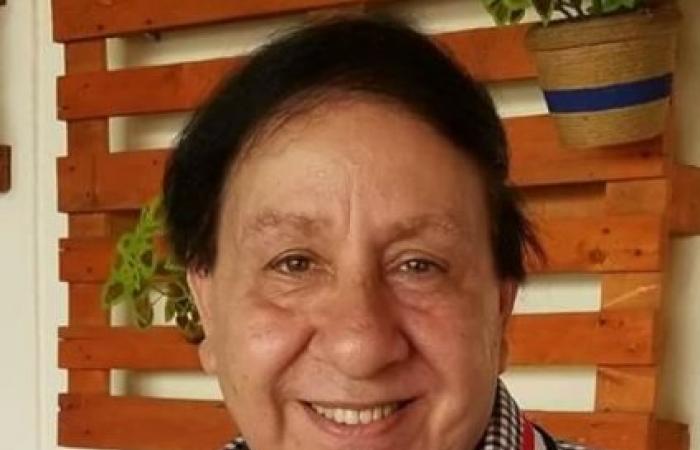 رئيس التحرير يكتب : من التراب وإلى التراب يعود .. تحويل جثث الموتى إلى سماد عضوى
رئيس التحرير يكتب : من التراب وإلى التراب يعود .. تحويل جثث الموتى إلى سماد عضوى
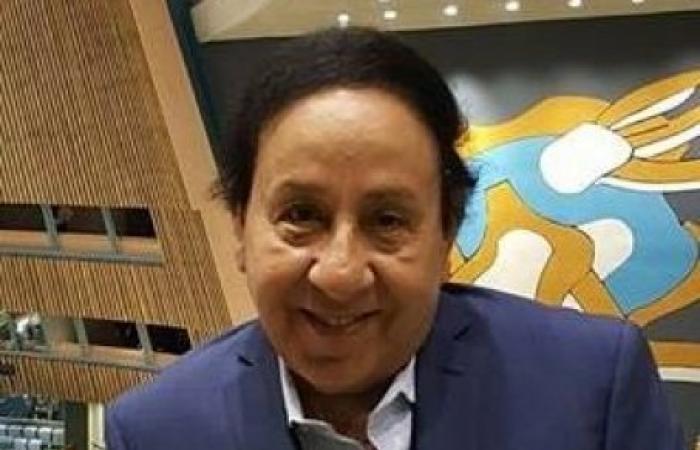 رئيس التحرير يكتب : لماذا تصر الحكومة على استمرار شريف أبو النجا رئيسا لمستشفى 57357 رغم الشواهد العديدة على فساده
رئيس التحرير يكتب : لماذا تصر الحكومة على استمرار شريف أبو النجا رئيسا لمستشفى 57357 رغم الشواهد العديدة على فساده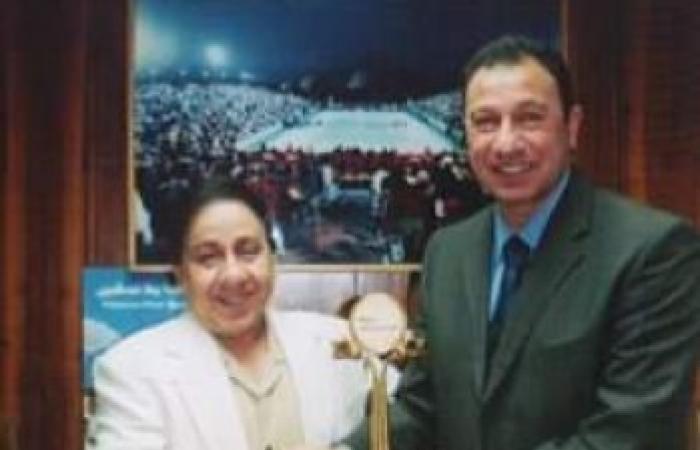 اقرأ في العدد الجديد ( عدد يناير ٢٠٢٣ ) من جريدة صوت بلادي
اقرأ في العدد الجديد ( عدد يناير ٢٠٢٣ ) من جريدة صوت بلادي
